28 Jun Celebrating women: Meet six of Pakistan’s boss women
When we think of role models, our brains automatically go to Pakistan’s youngest Nobel Peace Prize Laureate Malala Yousufzai or late human rights activist and lawyer Asma Jahangir or prolific poet/CSS officer Parveen Shakir, renowned urban planners Perween Rehman and Yasmeen Lari or Pakistan’s first woman prime minister Benazir Bhutto.
On the corporate side, there are several women who deserve to be known. These women have made a name for themselves in boardrooms of multinational companies, banks, the tech industry, shipping/logistics, the dairy sector and other male dominated fields.
As a part of International Women’s Day, we’re taking a look at six Pakistani women who are inspiring a generation of young women.
Aruna Hussain
Managing Director at Sealand Europe
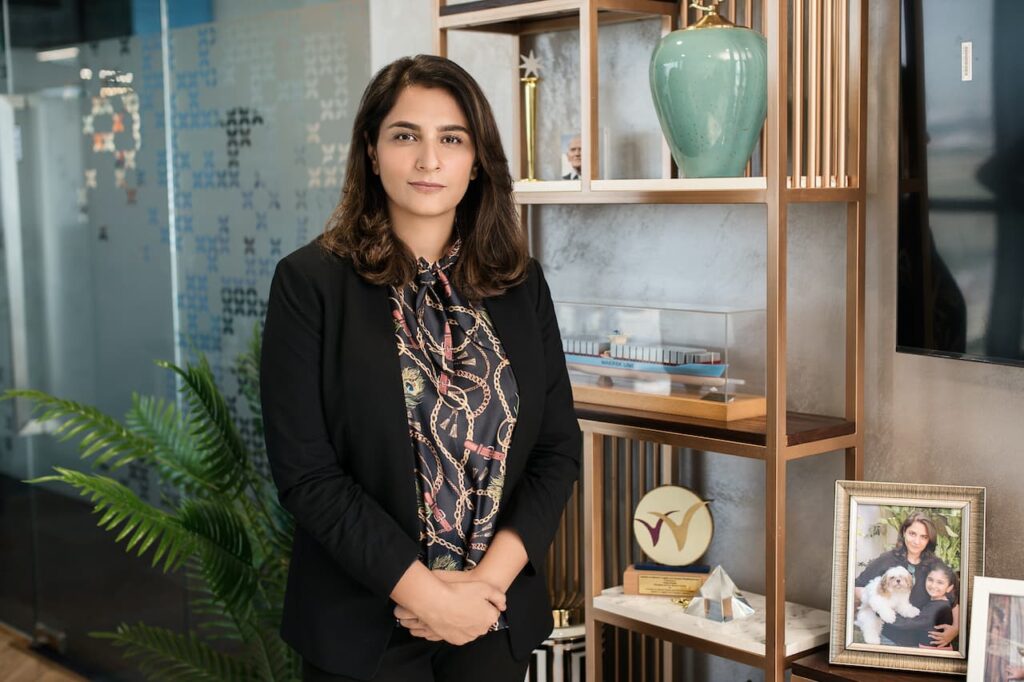
For those of you who don’t know Aruna Hussain, you’re missing out. The woman is a legend who edged her way into the male dominated industry of logistics and shipping.
She started her career in 2000 as a trainee with Maersk’s international leadership programme. Slowly, as she learned more about the business, Hussain moved up leadership and management roles at home and abroad. Within seven years, she became the CEO of the shipping firm’s logistics arm — the first woman CEO of a leading multinational logistics company in Pakistan. After a break, she returned to Maersk in 2016. Since then she has been the CEO of their logistics division, then COO for the company in the Middle East. In January 2019, she became the MD of Maersk in Pakistan. Today, she’s heading Sealand Europe, a Maersk company, as managing director.
Talking to Images, she said women are half the population of Pakistan and can only progress as a country when we have the right representation of women in all walks of life.
“The societal pressures on women in Pakistan are unrealistic and this can only change when everyone — both men and women — work together towards righting this balance,” she said. “Men must absolutely step up to the task and work alongside women as equal and equitable partners, and women must continue to push for the same. We all have a collective responsibility to break the bias, every day, at home, in our communities, schools, universities and in the workplace.”
Aisha Sarwari
Director Public Affairs, Communications and Sustainability (Pakistan & Afghanistan) at Coca Cola

Sarwari studied at San Jose State University in the US and has worked with USAID, USIP, the World Bank, Adam Smith International, CNN, NPR, the Bill and Melinda Gates Foundation, and DFID. She is currently working at the Coca Cola Company as director of public affairs, communications and sustainability in Pakistan and Afghanistan.
Talking about her journey to the top, she said that she’d been lucky to have great mentors who opened doors for her when many were closed.
“However, the only currency that works is hard work and credibility. Eventually those two things protect you,” she said.
“It’s been hard, mostly because I’ve been very sensitive to power dynamics and have zero tolerance for men in the workforce who pull rank. It’s also been hard because society doesn’t make safeguards for women to work. Socially and as a parent you end up pulling all the weight. With most people thinking all you care about is money — as if that’s a bad thing,” she added.
Her message to young women who want to step into the field: “Young women should know their terrain. Working in Pakistan is dangerous and stressful. Yes, the rewards are high, independence is a value worth striving for but the cost is high because women are often underpaid, the wage gap is real and if conflict arises, very few organisations have the maturity to follow the law.”
Nausheen Ahmedjee
Director HR at Siemens
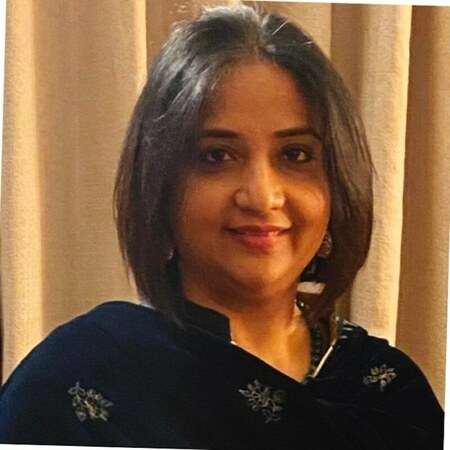
Ahmedjee has had a diversified career in the pharmaceutical, financial and accounting sectors over the span of just about two decades with expertise in the development of two essential components of business — business processes and practices, and human capital. She is currently serving as a head of people and culture at Siemens Engineering Pakistan Limited. As an HR lead, her expertise is in analysing organisational needs.
She said that she’s had an exciting career — educated as a chartered accountant, worked in business development, strategy, financial planning and now leading the HR function at a reputed organisation. “I have lived in different parts of the world, Ghana being my favourite amongst the more developed countries like USA and UK. Family has been fundamental to my success, and during the time when I took some time off for family commitment I made sure that I did not stop learning and growing,” she shared.
According to Ahmedjee, she’s always been lucky to have male champions in her life, starting with her father who ensured that his three daughter got the best education and supported them in every way. She said that her husband was her mentor and helped her climb the ladder of success. “Our workplaces are predominantly occupied by men and I have found more good men compared to a very few unpleasant ones. It is important for us women to be extremely professional at the workplace in order to create respect. I learnt very early on that when you give respect you receive the same,” she said.
This Women’s Day, Ahmedjee wants to let young women know that they should not associate success as reaching the top of the mountain. “Success should be defined in each segment of your life where career is an important aspect along with family, friends, health and most importantly happiness,” she said.
Moneeza Butt
Partner at KPMG
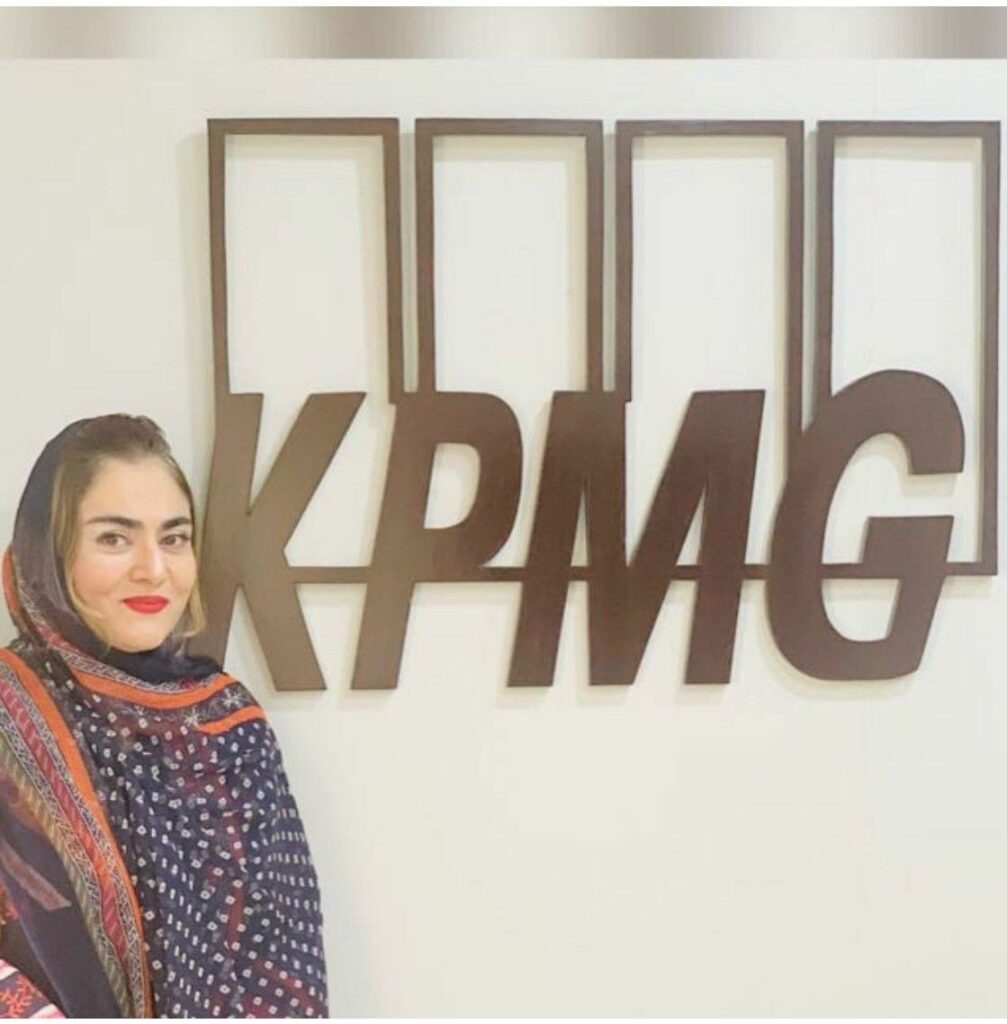
In the auditing world, Moneeza Usman Butt is a celebrity. She’s a partner at KPMG Pakistan — one of the biggest audit and advisory firms in the world. She joined KPMG in 1996 and qualified as a chartered accountant in 2000. Eight years later, she became a partner at the firm.
She was also the first woman to be made partner in one of the big four CA firms of Pakistan. Talking to Images, she said that chartered accountancy was primarily a male-dominated field and she used to stick out like a sore thumb in teams and boardrooms.
According to Butt, the struggle is real for working women. “It is difficult to manage personal and professional lives. However, if you have the grit and determination, nothing can stop one from overcoming the obstacles that surface in one’s journey, as where there is a will, there is a way,” she said.
“Women are the architects of our society and we need to encourage, nurture and pave the way for them to ascend to leadership roles. Women often tend to be unassuming and unsure about their true capabilities. They tend to be dismissive about their skills and talents and since they do not see enough women in leadership roles they are not able to visualise themselves in those roles.
“I strongly believe that if one has sincerity of purpose and excels in their respective field then they must display the confidence to imbibe the success that comes their way. If women don’t exude that conviction and self belief, it is difficult for others to place reliance in their abilities. Hence, embrace your gender with fortitude and celebrate it rather than thinking of it as a drawback to your dreams.”
Umber T Ansari
Head of Marketing, Comms and PR at Engro Corp
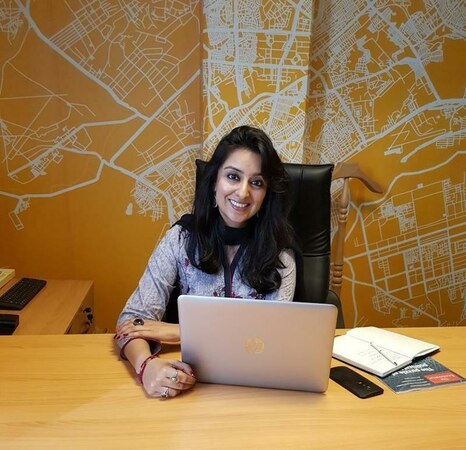
Umber Tanya Ansari is a Pakistani-American who has been working in Pakistan for 16 years. Before joining her present job, where she is head of branding and communications for a major conglomerate, she worked her way up to heading a number of departments in Pakistan’s asset management industry and was a member of the management committee of one of the most prominent AMCs in Pakistan. Ansari is a creative individual who is also certified in Global Diversity & Inclusion Benchmarking and is a Silver Shadow trainer, allowing her to train in 80 different countries.
Talking about her journey, she said that working in Pakistan has been amazing. “It’s challenging, fruitful, and sometimes downright frustrating — but these are parts of the sum. The sum is worth it. The sum is financial independence, empowerment, confidence, interacting with such a diverse set of people and learning from all of them. The sum is definitely worth it,” she added.
According to her, as a woman working in a male-dominated corporate sector, her experience had been like that of most women who work: fulfilling but not always fair. “The reality, being a woman, is that you have to deal with conscious and unconscious biases. Fortunately, I work in a company that hears women if they flag issues and has a zero tolerance policy on discriminatory behaviour and harassment,” she explained.
To young women stepping into the corporate sector, Ansari has one message — challenge the stereotypes around what roles women “can” have. “Break biases around women working with other women. Be the kind of professional you would be pleased to work with so you inspire others. And don’t get frustrated when you see clearly that you have to work harder than a man to get the same recognition, because it will happen…and you have to keep going to make it easier for the women who come after us,” she said. “Trust me, the women before us had to go through a lot more for us to be where we are today. Finally, have mentors and advocates across genders — at the end of the day, we all just need to realise that a world free of biases is a world worth living in.”
Sania Sattar
Head of Corporate Communications, Sustainability and Special Projects at FrieslandCampina
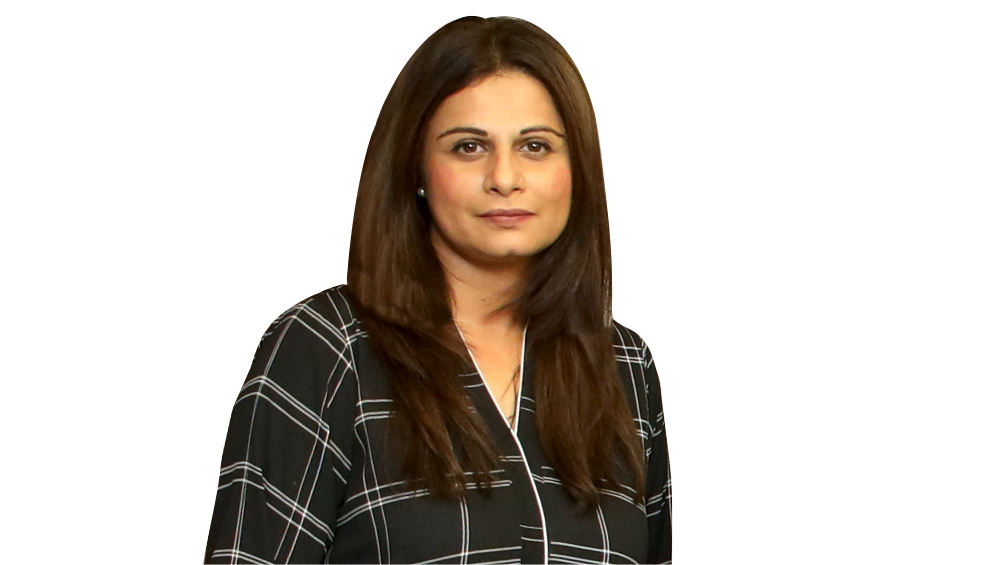
Georgetown graduate Sania Sattar previously worked at Unilever as brand activation manager then communications manager and finally in digital recruitment and development before heading to FrieslandCampina in 2018 where she now heads the corporate communications department. According to Sattar, when you do what you love, you don’t work a day in your life.
“FrieslandCampina provides for an exceptional working environment that the team has curated together. Working here is an immensely rewarding experience. I hold my college of peers in the highest regard and this sentiment is second only to the exceptional people I have met, and continue to meet. Their lives, their stories — and how deeply invested the company is to [uplifting them] and community building — I could not be prouder,” she shared.
Talking about women in the workforce, Sattar said that currently women constitute 50% of the available talent pool. “Rebalancing the scales is not only the right thing to do, but the sensible thing to do for companies optimising for talent quality, depth and breadth. It also aligns incentives between companies and communities,” she said.
This Women’s Day, Sattar’s advice to women entering the workforce comes from years of experience. She said that the first step could be daunting, and reasonably so “but don’t let that hamper your ambitions”.


No Comments